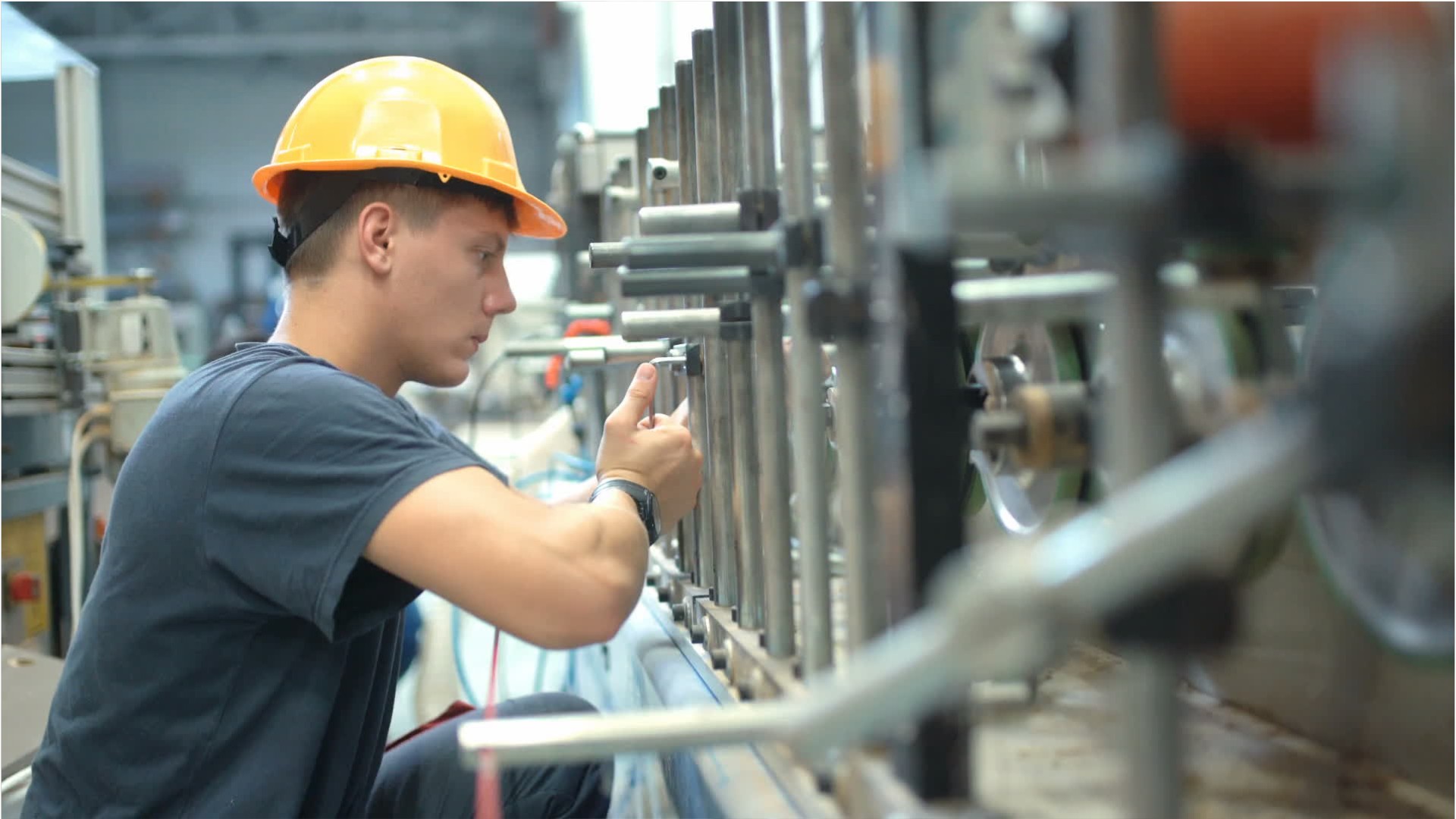Power Plant Operator
Power Plant Operator
Career Overview
Power plant operators, distributors, and dispatchers control the systems that generate and distribute electric power.
Education
Power plant operators, distributors, and dispatchers typically need a high school diploma or equivalent combined with extensive on-the-job training that may include a combination of classroom and hands-on training. Many jobs require a background check and drug and alcohol screenings. Nuclear power reactor operators also need a license.
Future Outlook
Overall employment of power plant operators, distributors, and dispatchers is projected to decline 16 percent from 2019 to 2029. Although electricity use is expected to grow, technological advances and greater efficiency are expected to reduce employment.
Work Environment
Most power plant operators, distributors, and dispatchers work full time. Many work rotating 8- or 12-hour shifts.
Recommended High School Courses
- Math
- Electronics
- Communication
- Trade-related courses
- First Aid
- Chemical Process Safety
- Science
- Active Listening - Giving full attention to what other people are saying, taking time to understand the points being made, asking questions as appropriate, and not interrupting at inappropriate times.
- Complex Problem Solving - Identifying complex problems and reviewing related information to develop and evaluate options and implement solutions.
- Coordination - Adjusting actions in relation to others' actions.
- Critical Thinking - Using logic and reasoning to identify the strengths and weaknesses of alternative solutions, conclusions or approaches to problems.
- Judgment and Decision Making - Considering the relative costs and benefits of potential actions to choose the most appropriate one.
- Monitoring - Monitoring/Assessing performance of yourself, other individuals, or organizations to make improvements or take corrective action.
- Operation and Control - Controlling operations of equipment or systems.
- Operation Monitoring - Watching gauges, dials, or other indicators to make sure a machine is working properly.
- Quality Control Analysis - Conducting tests and inspections of products, services, or processes to evaluate quality or performance.
- Reading Comprehension - Understanding written sentences and paragraphs in work related documents.
- Speaking - Talking to others to convey information effectively.
- Troubleshooting - Determining causes of operating errors and deciding what to do about it.
- Writing - Communicating effectively in writing as appropriate for the needs of the audience.
- Mechanical - Knowledge of machines and tools, including their designs, uses, repair, and maintenance.
- Auditory Attention - The ability to focus on a single source of sound in the presence of other distracting sounds.
- Category Flexibility - The ability to generate or use different sets of rules for combining or grouping things in different ways.
- Control Precision - The ability to quickly and repeatedly adjust the controls of a machine or a vehicle to exact positions.
- Deductive Reasoning - The ability to apply general rules to specific problems to produce answers that make sense.
- Far Vision - The ability to see details at a distance.
- Finger Dexterity - The ability to make precisely coordinated movements of the fingers of one or both hands to grasp, manipulate, or assemble very small objects.
- Flexibility of Closure - The ability to identify or detect a known pattern (a figure, object, word, or sound) that is hidden in other distracting material.
- Inductive Reasoning - The ability to combine pieces of information to form general rules or conclusions (includes finding a relationship among seemingly unrelated events).
- Information Ordering - The ability to arrange things or actions in a certain order or pattern according to a specific rule or set of rules (e.g., patterns of numbers, letters, words, pictures, mathematical operations).
- Near Vision - The ability to see details at close range (within a few feet of the observer).
- Oral Comprehension - The ability to listen to and understand information and ideas presented through spoken words and sentences.
- Oral Expression - The ability to communicate information and ideas in speaking so others will understand.
- Perceptual Speed - The ability to quickly and accurately compare similarities and differences among sets of letters, numbers, objects, pictures, or patterns. The things to be compared may be presented at the same time or one after the other. This ability also includes comparing a presented object with a remembered object.
- Problem Sensitivity - The ability to tell when something is wrong or is likely to go wrong. It does not involve solving the problem, only recognizing there is a problem.
- Selective Attention - The ability to concentrate on a task over a period of time without being distracted.
- Speech Clarity - The ability to speak clearly so others can understand you.
- Speech Recognition - The ability to identify and understand the speech of another person.
- Time Sharing - The ability to shift back and forth between two or more activities or sources of information (such as speech, sounds, touch, or other sources).
- Written Comprehension - The ability to read and understand information and ideas presented in writing.
- Written Expression - The ability to communicate information and ideas in writing so others will understand.
- Operate energy distribution equipment.
- Watch operating equipment to detect malfunctions.
- Operate energy production equipment.
- Operate pumping systems or equipment.
- Exchange information with colleagues.
- Adjust equipment controls to regulate flow of water, cleaning solutions, or other liquids.
- Record operational or production data.
- Adjust equipment to ensure optimal performance.
- Clean production equipment.
- Lubricate production equipment.
- Maintain production or processing equipment.
- Maintain sustainable energy production equipment.
- Test electrical equipment or systems to ensure proper functioning.
- Monitor equipment operation to ensure proper functioning.
- Monitor lubrication of equipment or workpieces.
- Repair production equipment or tools.
- Collect samples of materials or products for testing.
- Notify others of equipment repair or maintenance needs.
- Evaluate characteristics of equipment or systems.
- Inspect equipment or systems.
- Monitor conditions at energy-producing landfills.
- Monitor operational procedures in technical environments to ensure conformance to standards.
- Operate natural gas generation equipment.
- Replace worn equipment components.
- Troubleshoot equipment or systems operation problems.
Potential Scholarships
Approx Salary Expectation
Related Careers
References
Trend Analysis - Explorer the Market, Labour Market Information, Government of Canada https://www.jobbank.gc.ca/trend-analysis.
O*NET OnLine, National Center for O*NET Development, https://www.onetonline.org/.

